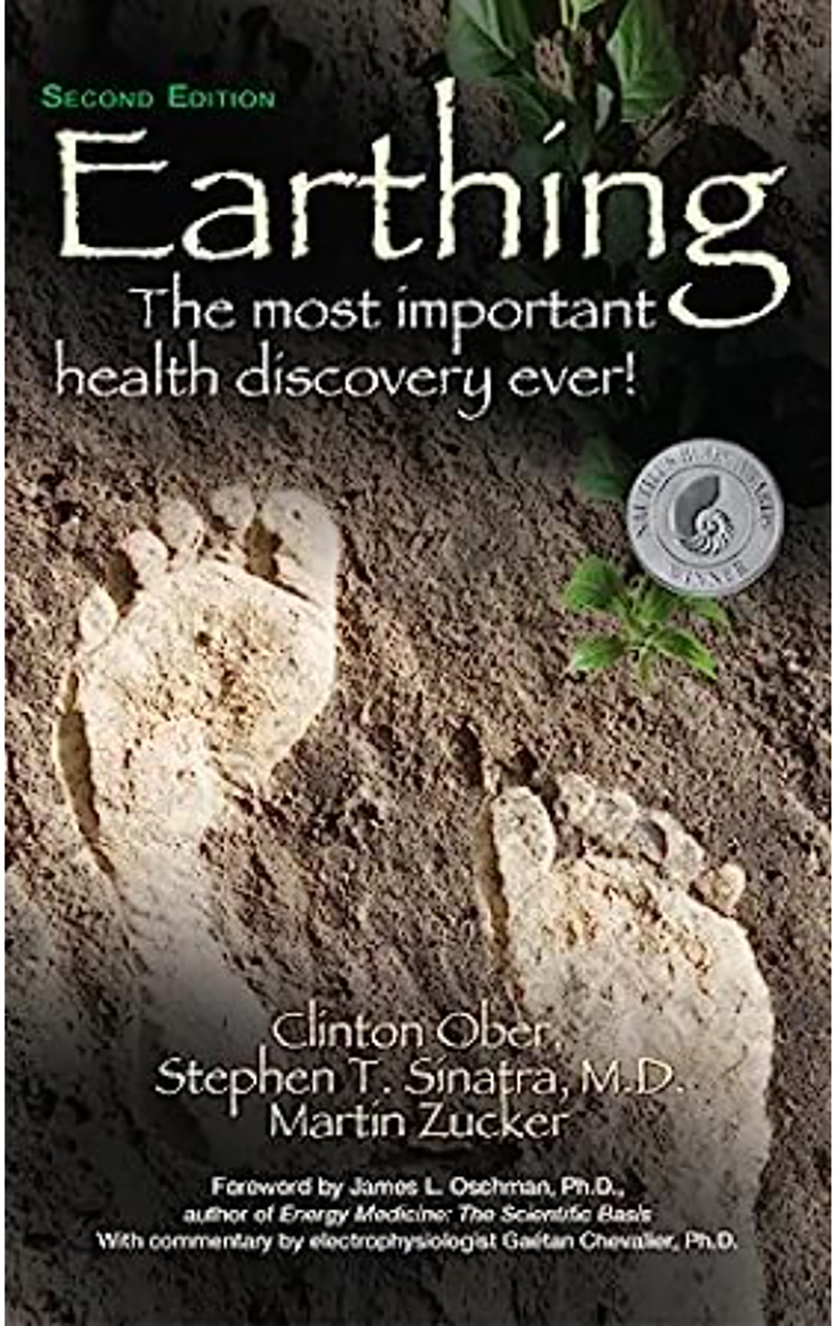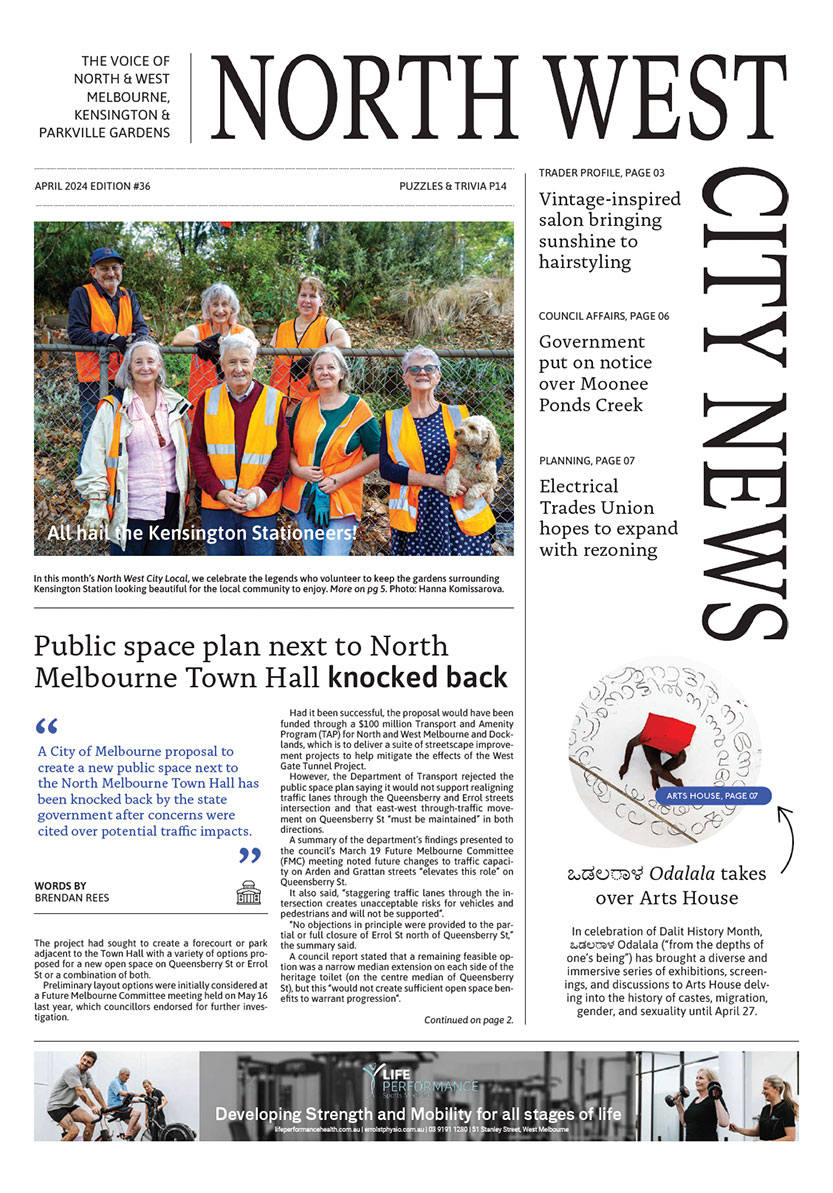Touching the Earth
When last did you put your feet on the earth?
Nowadays, people go for days and weeks without making skin contact with the earth.
In cities most of the earth has been covered with material of some sort and our shoes increasingly have rubber or synthetic soles making it even less possible for us to make this vital connection.
The act of connecting our skin to the earth has been given names such as earthing and grounding. It’s as easy as taking your shoes and socks off and walking outside barefoot.
Most recently, Clinton Ober, an electrical engineer, who wrote Earthing – the most important health discovery, has further studied earthing.
Earthing describes how by reconnecting to the Earth, abnormal physiology, inflammation, pain, fatigue, stress and poor sleep symptoms are rapidly relieved and even eliminated.
According to Clinton Ober, “The Earth’s surface has a virtually limitless supply of mobile electrons that gives the ground we walk on (as well as lakes and oceans) a natural negative electric charge. When you touch your body to the ground, it dissipates static electricity and extraneous environmental electrical charges that are on you. At the same time, you receive a charge of energy in the form of electrons and your body synchronises with the natural frequencies of the Earth”.

Ober’s work builds on Adolf Just’s work in the late 1800s, who wrote the Book, Return to Nature and Mattheo Tavera, a visionary French agronomist, who described the importance of “electric nutrition” from the ground for plants, animals and humans more than 50 years ago. Plus, the knowledge of many First Nations people around the world.
Our ancestors made contact with the earth daily. People walked barefoot or used animal hides (leather) for footwear or bedding – which allowed for transference of the earth’s energy into the body.
To find out more, there is a documentary made in 2019 called The Earthing Movie: The Remarkable Science of Grounding.
The Earth needs our touch too.
Below is an excerpt from The Ringing Cedars of Russia books by Vladimir Megre who quotes Anastasia …
“Even though the Earth is very large, it is very, very sensitive. Think of how big you are by comparison with a tiny mosquito. And yet, when a mosquito lands on you, you feel it through your skin. And the Earth also feels – everything. When people pave it over with concrete and asphalt, when they cut down trees and burn the forests growing on it, when they pick and poke at its innards and sprinkle it with powder called fertiliser, it feels the hurt. And yet it still loves people, as a mother loves her children.”
“The Earth needs our help. Tenderness and a loving attitude give it strength. The Earth may be large, but it is most sensitive. And it feels the tender caress of even a single hand. Oh, how it feels and anticipates this touch.” •

Jo Ryan unveils Ordered Chaos at Blender Studios





 Download the Latest Edition
Download the Latest Edition